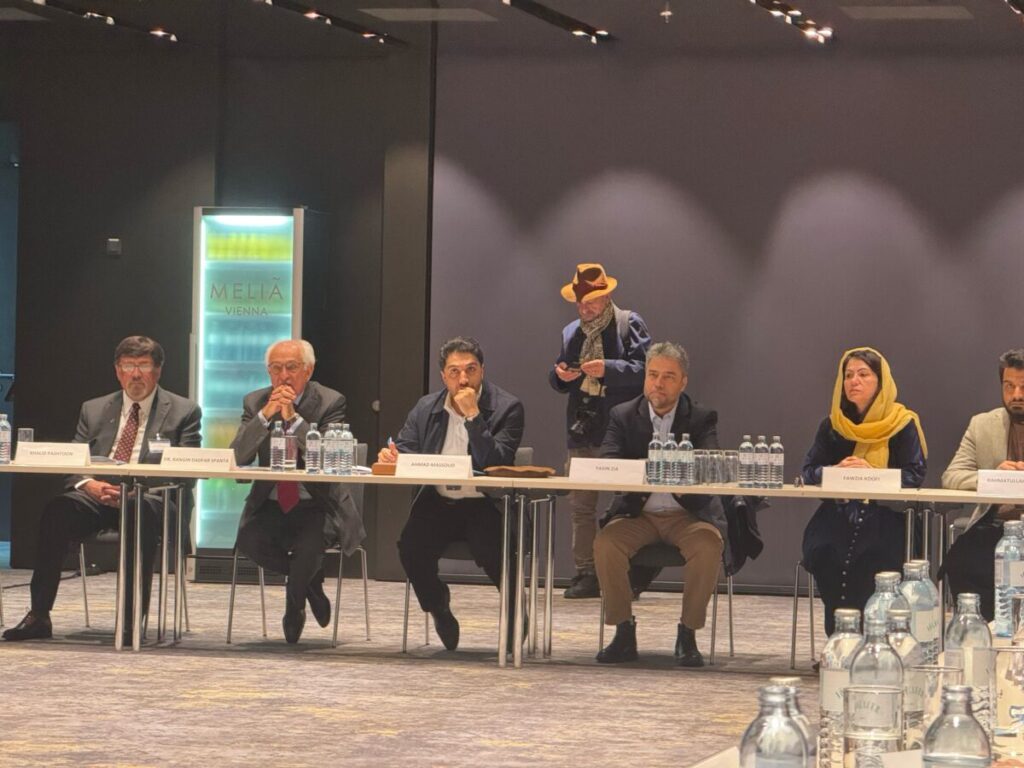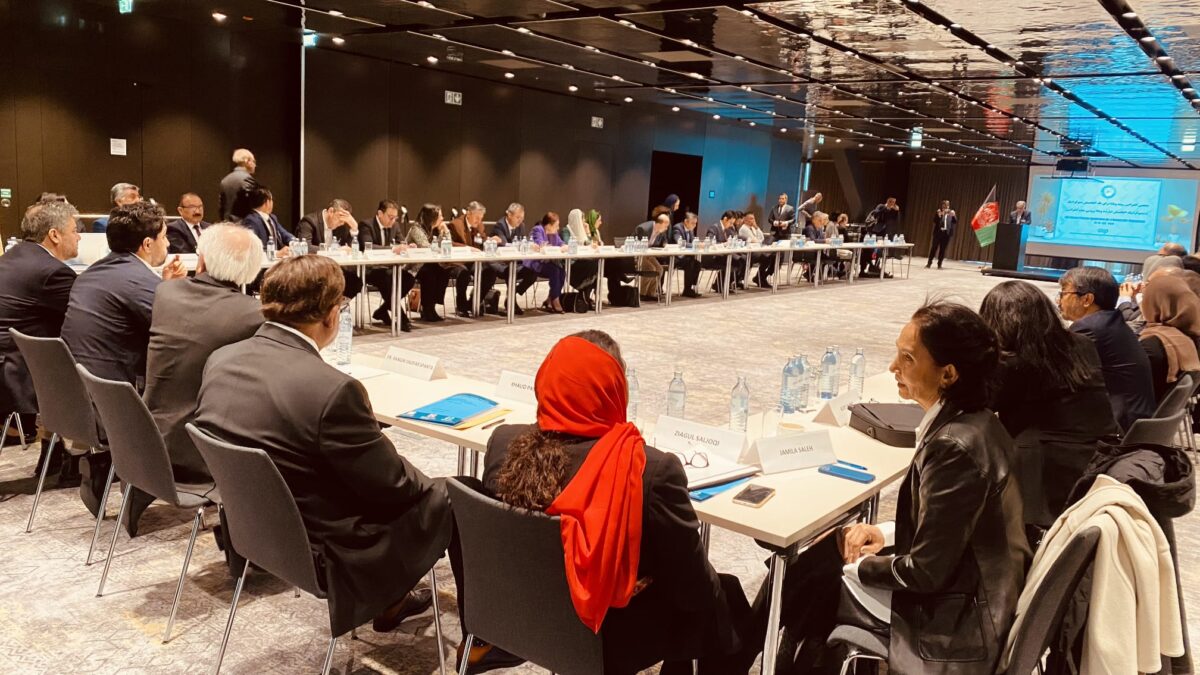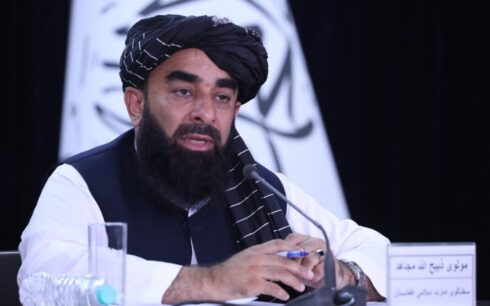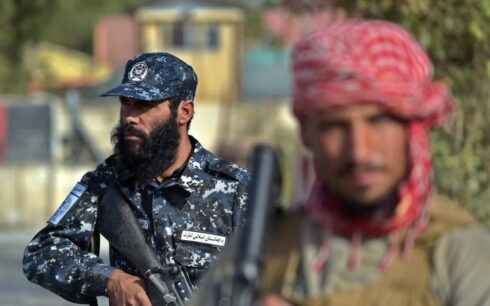VIENNA, Austria — Participants in the fifth Vienna Process conference, a gathering of Taliban’s political opposition, urged regional powers, the international community and pro-democracy governments to support a democratic transition in Afghanistan and assist in establishing an interim government to replace Taliban rule.
The conference, held on February 18–19, 2025, brought together political parties, resistance movements, civil society organizations, women’s rights activists, media representatives, and key Afghan influencers to develop a comprehensive roadmap for Afghanistan’s political future.
A roadmap for democracy
The Vienna Process emphasized that Afghanistan’s future must be built on democratic governance, human rights, and the rule of law. Participants adopted a six-point resolution, which includes:
A political vision for democracy: A participatory system based on free elections, equal citizenship, and an accountable legal framework.
Human rights protections: Ensuring justice and rights for women, children, and all ethnic groups, including holding Taliban leaders accountable for abuses.
An inclusive economic framework: A strategy to reduce poverty, attract foreign investment, and rebuild Afghanistan’s economic foundations.

The conference called on regional actors and the international community to recognize and support these principles as the foundation for Afghanistan’s future.
As part of its efforts to restore democracy, the Vienna Process announced the formation of a 19-member National Commission, tasked with finalizing a democratic roadmap, developing a framework for political transition and crisis resolution, and proposing a governance structure that ensures political stability and legal accountability.
The commission will include representatives from political parties, resistance movements, and new stakeholders who join the Vienna Process in the future.
Urgent call for international action
Participants denounced the Taliban’s governance as illegitimate, citing its policies of gender apartheid, forced displacement, war crimes, and support for international terrorism.
The Vienna declaration urged the international community to take concrete steps, including recognizing Afghan resistance against the Taliban at the global level, holding Taliban leaders accountable at the International Criminal Court (ICC) and the International Court of Justice (ICJ), rejecting Taliban rule as a legitimate government, and supporting an internationally backed interim government to restore democracy, peace, and justice in Afghanistan.
The Vienna Process also urged all pro-democracy political groups and movements to join forces in the fight for a democratic Afghanistan. Participants reaffirmed their commitment to democracy, justice, and an inclusive vision of Islam and called on Afghan leaders to unite under a single strategy for change.





